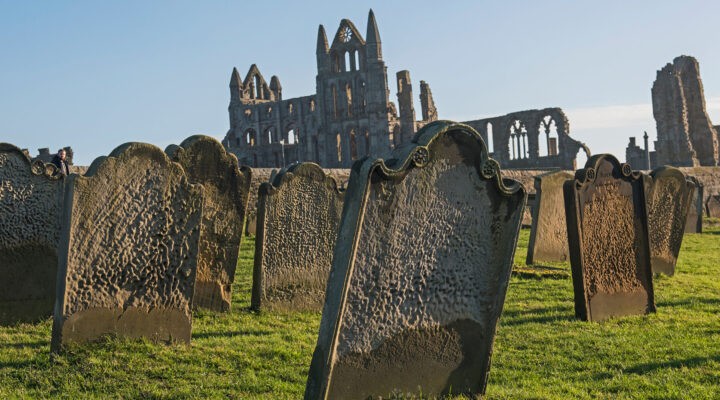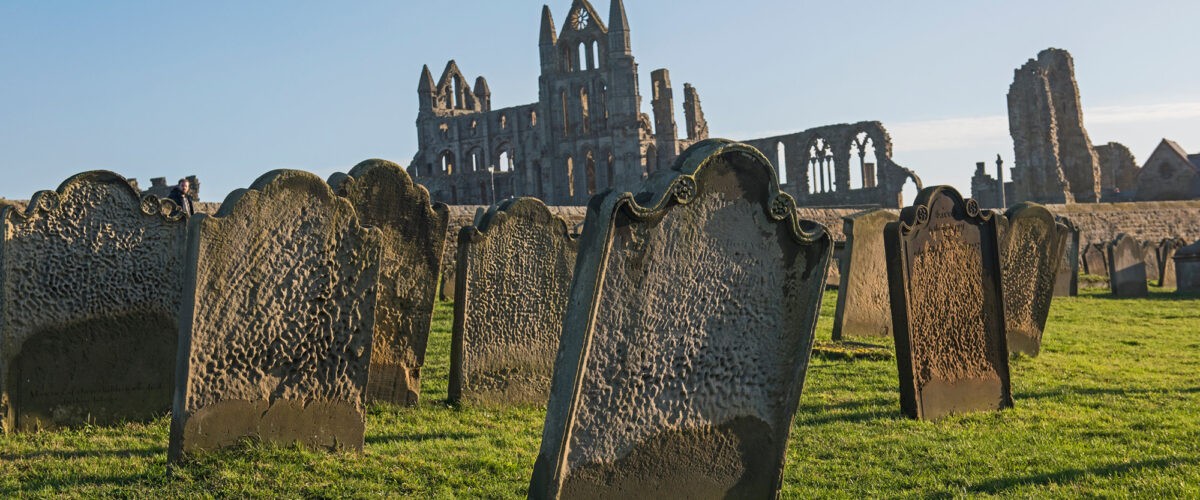When I was a young-ish reporter working on a medium-sized daily newspaper in Florida, one of the more dreaded assignments was the Saturday work known as “bits and ‘burbs.” That jargon stood for the oft-scorned task of collecting suburban news and obituaries.
Yearning to make a big scoop like Bob Woodward and Carl Bernstein of Watergate fame, none of us aspiring hotshot reporters relished gathering homespun accounts of life in the suburbs (not that life in a seaside city like Clearwater, Fla., was all that sophisticated). However, the task of collecting obituaries was considered the absolute dregs of the newsroom.
In that hoary bygone era of ink-on-paper, obituaries were submitted on typed sheets, riddled with misspellings and last-minute emendations from grieving relatives that required many frustrating telephone calls to verify information. Ironically, for all that Florida was considered “God’s waiting room,” few people back then prepared to give a factual account of their lives before death. Thus, last-minute corrections constituted an extreme sport as junior copy editors pleaded with frazzled typesetters and paste-up artists to remake obit pages for a fourth time on deadline.
Perhaps those memories, coupled with a succession of deaths among church friends in the past several months, made me more aware of the large number of United Methodist obituaries that flooded my email as 2021 turned into 2022. Data researchers always note an uptick in deaths around holiday time when it seems those who’ve been hanging on to see another Christmas or New Year’s finally let go of life.
Sadly, this most recent season seemed to bring a convergence of individual deaths with the continued decline of United Methodism as a denomination. Even more than numbers, there’s a sense that a way of life — a way of being the body of Christ in the world — is dying without any obvious heirs to its legacy.
“Even more than numbers, there’s a sense that a way of life — a way of being the body of Christ in the world — is dying without any obvious heirs to its legacy.”
Daily tallies for a Google alert for “United Methodist” regularly refer to participation in local churches. For example, there was Louise O. Toler’s obituary in the Cape Cod Times, citing her as “devoted member of the United Methodist Church of Osterville (Mass).” C. Joyce Debell’s obituary in the Rochester Democrat and Chronicle asked for memorials to go to Aldersgate United Methodist Church, “where she was a faithful member for over 50 years.”
The obituary for Heley Ruth Moyers Kyle of Austin, Ark., says “she loved her church family” at Mount Tabor UMC in Cabot, Ark., and “would try to help with anything she was able to do.” Kyle no doubt would have appreciated Enid Olive Young, whose obituary in the Waterloo-Cedar Falls Courier said she was “a member of the Dysart United Methodist Church, where she enjoyed serving in many groups and committees.”
Josephine Irene Bechtel was a member of First UMC, Ephrata, Pa., where “she taught Sunday school to kindergarteners, sang in the choir, was a member of United Methodist Women and a hostess for the Tender Loving Care group.” Freiba Mae Armstrong was a longtime member of Ft. Caroline (Fla.) UMC, where she worked with the United Methodist Women in outreach benefiting women and children, including a 20-year tenure in the church thrift store. Almalee “Lee” Davis, a member of Wesley United Methodist Church in Columbus, N.J., practiced a disappearing type of quiet ministry: “she enjoyed sending words of encouragement and kindness to her church family in times of need and celebration.”
“Not only local congregations but Christianity itself is losing devoted witnesses to the faith.”
Not only local congregations but Christianity itself is losing devoted witnesses to the faith. Juanita O’Tool of First UMC in Coon Rapids, Iowa, offers a prime example: “She was an active member of various Methodist churches since a teen and began a lifelong journey with her Lord. She taught Sunday school for over 25 years, mentored youth and helped with vacation Bible school. She served at many levels and positions of United Methodist Women. … She was a certified lay speaker and active in Lay Witness Missions.”
Churches also are losing a wealth of volunteer musicians this season. A sample rings like the peal of church bells: Ginger E. Hile, First UMC, Lisbon (Ohio); Wallace Howard Heaton, Mansfield (Mass.) UMC; Virginia R. Fitch,Asbury UMC, Rochester, NY; David R. Lueck, Middle Creek UMC, Willmar, Minn.; Clarence “Randy” Rowland, Forest Hills UMC, Macon, Ga. Some church musicians had a rich history. For example, farmer Warren Robson, a choir member at Scranton (Iowa) UMC, played slide trombone in a polka band on WOI radio station while attending Iowa State University.
Clergy and church staff obituaries give a sense of commitment that the stresses of the coronavirus pandemic are draining from professional ministry. Charles Pittman of Greenville, S.C., offers an example: “called to ministry” in his teens and ordained a Methodist pastor in 1954, he joined the U.S. Army as a chaplain in 1961 and served until 1993 in many places including Ethiopia and Thailand. “He chose to pursue Airborne wings so he could better understand and minister to the men under his care,” his obituary reads. In his “retirement,” he earned a master’s degree and became a high school counselor.
Longevity also marked many members’ lives. Retired draftsman Alvin G. Callihan worshiped at Homestead Avenue UMC in Johnstown, Pa., for 81 years. Electrical engineer Ardell Kyler was a member of Belmont UMC, Johnstown, Pa., for 60 years. Systems analysis manager George Calhoun graced Manchester UMC , New Franklin, Ohio, for 45 years.
The passing of these United Methodists and the thousands like them marks not only lives completed but a disappearing way of life that brought service and stability to their communities. As much as the church notables whose deaths were remembered in a UM News wrap-up, these rank-and-file church members were the heart, hands and soul of a denomination that shaped spiritual and communal life in late 20th century America. With the continuing decline of American United Methodists, the loss of members’ service within and beyond the organized denomination leaves a vacancy whose effect will be felt in country crossroads, small towns and big cities for years to come.
Cynthia B. Astle is a veteran journalist who has covered the worldwide United Methodist Church at all levels for more than 30 years. She serves as editor of United Methodist Insight, an online journal she founded in 2011.
Related articles:
What if there were an ‘in memoriam’ for people like us? | Opinion by Rob Sellers
The legacy of Elijah Lovejoy | Opinion by David Wilkinson
Sowing an enduring legacy | Opinion by Molly Marshall


